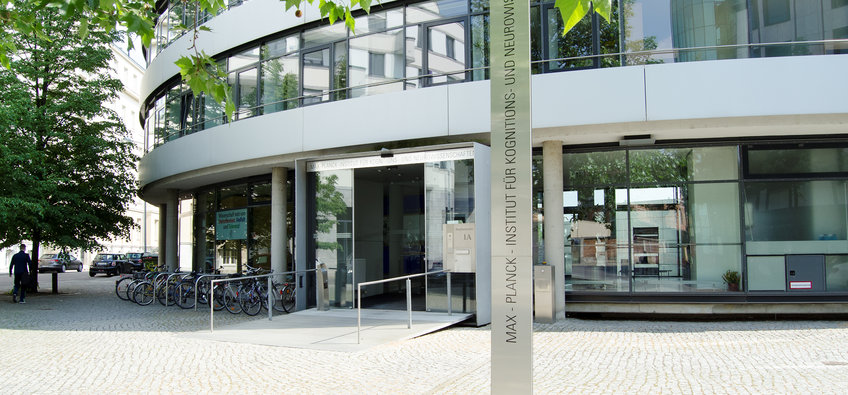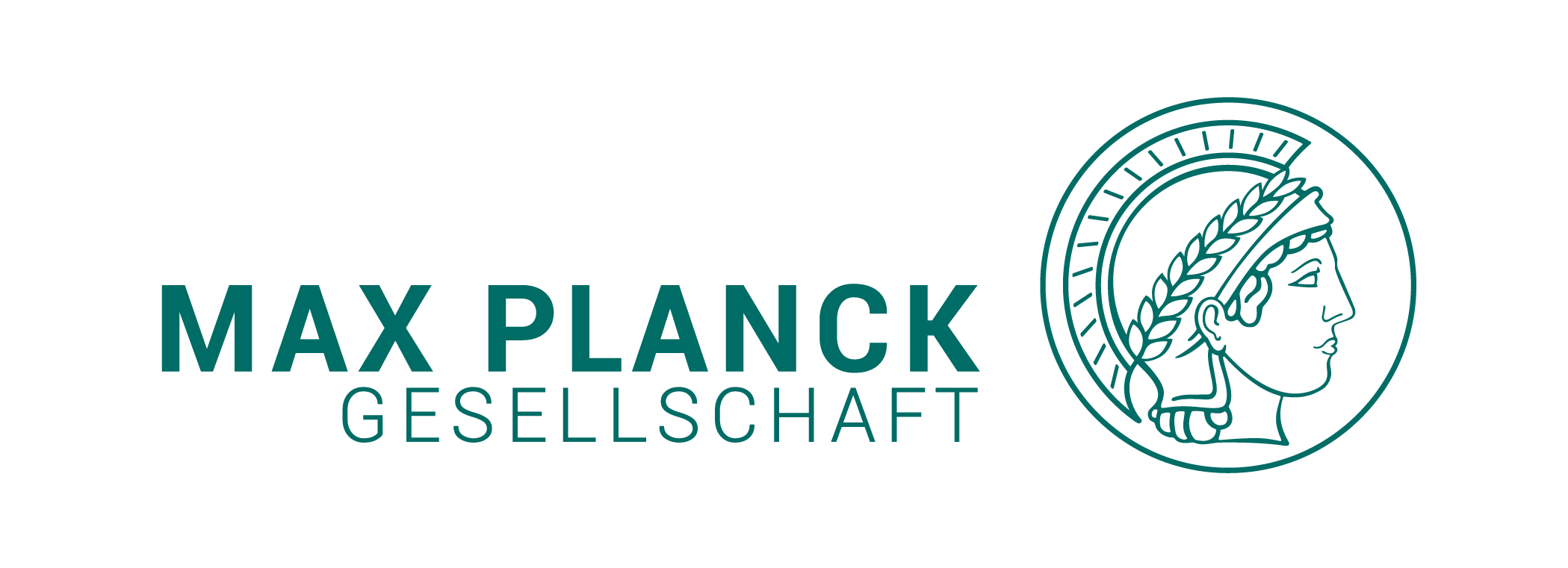
About the Institute
Research at the Max Planck Institute for Human Cognitive and Brain Sciences revolves around human cognitive abilities and cerebral processes, with a focus on the neural basis of brain functions like language, emotions and human social behaviour, music and action.
Our studies look into the perception, planning, and generation of human cognitive abilities and cerebral processes, and analyse the interaction and common functional bases of their production and perception. Other research focuses on plastic changes in the human brain and the influence this has on various cognitive abilities, and also the neuronal and hormonal basis of modern diseases such as high blood pressure and obesity. In addition, the further development of imaging methods for the neurosciences is a focal point of research at the Institute.
The MPI for Human Cognitive and Brain Sciences provides an exciting framework for these topical and alluring theoretical domains, with the full gamut of cognitive and neuroscientific methodology available under one roof.
A hallmark of the Institute and its research strategies is the dovetailing of research, development, and engineering. The centre draws on elaborate modern imaging techniques – a new 7-Tesla scanner was up and running in summer 2007 – which are gaining ground as part of more conventional behavioural approaches.
Our Institute on Stephanstrasse in Leipzig was established on 1 January 2004 by a merger between the former Leipzig Max Planck Institute of Cognitive NeuroScience and the Munich Max Planck Institute for Psychological Research. The new Institute, joining two centres of expertise into one, reflects the development that psychological and neuroscientific research are being conducted increasingly closer together. The creation of this centre in Leipzig also established exceptional conditions for interdisciplinary behavioural and neurobiological research into human cognition.

Department of Neurology
Research in the department of neurology focusses on the development of vascular risk factors leading to stroke and functional recovery after stroke. We pursue the hypothesis that our behavior and concomitant brain plasticity are crucial for the development of risk factors as well as for the recovery after stroke.
Specifically, we aim at an understanding of
As illustrated in the figure the groups can be roughly allocated to the three main research areas "risk factors", "recovery", and "mechanisms".
Our translational goals are to improve stroke prevention and recovery from stroke.
In order to achieve those goals, we employ behavioral approaches as well as techniques to assess and modulate neural structure and function in both, healthy subjects, and patients with neurological disorders.
Behavioral assessment includes neuropsychological testing batteries, questionnaires and tasks which assess emotional behavior, emotion regulation and stress, motor function (e.g., with a robot based), balancing, as well as smell and gustatory testing.
Neural assessment includes structural and functional brain imaging at 3 Tesla and 7 Tesla human MRI systems, up to 128 channel EEG systems (including EEG-fMRI equipment), MEG, and multichannel fNIRS.
For neuromodulation, we use various protocols of transcranial direct current stimulation (TDCS) including transcranial alternating current stimulation (TACS), transcranial magnetic stimulation (TMS), and also brain computer interface (BCI). Recently – together with Professor Andreas Melzer from ICCAS at University Hospital Leipzig and the Fraunhofer Institute in St. Ingbert (Steffen Tretbar), we initiated a methodological project for the development of “Low Intensity Focused Ultrasound Pulsation” as a method for non-invasive brain stimulation.

Academic Europe, the European career network for Academics, Researchers and Scientists